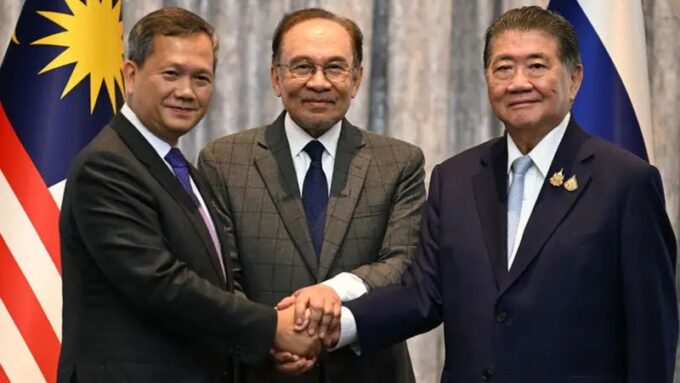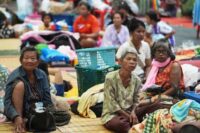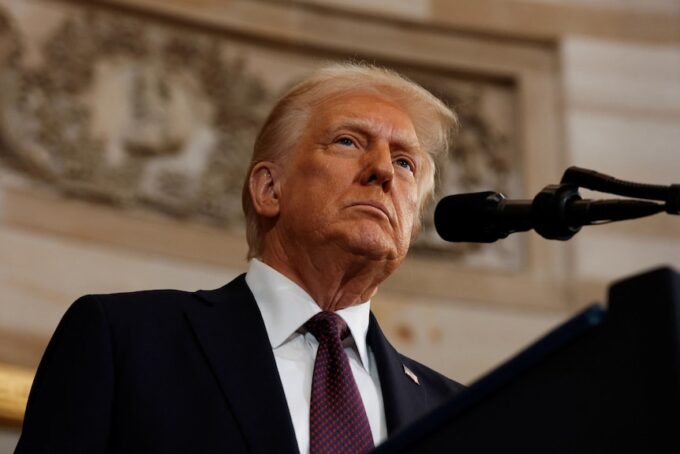News | Events | Digital PR | Advertising
House Of Reps Pushes For Independent Candidacy In Nigerian Elections

Nigeria’s House of Representatives has taken a significant step towards reforming the country’s electoral system by endorsing a bill that allows independent candidates to contest presidential, governorship, National Assembly, state assembly, and local government elections. This proposed constitutional amendment aims to broaden Nigeria’s democratic space and promote inclusivity.
The bill, sponsored by Akin Rotimi, Chairman of the House Committee on Media and Public Affairs, was introduced for its first reading at the plenary session. Rotimi emphasized that the amendment is designed to expand the democratic process, giving citizens without party ties the opportunity to seek public office.
The proposed legislation seeks to amend Sections 7 and 65 of the 1999 Constitution. The amendments introduce new subsections enabling independent candidacy in various elections. The bill proposes adding new subsections (4A) and (4B) to Section 7. Subsection (4A) allows eligible voters to contest local government elections without party affiliation or sponsorship. Subsection (4B) stipulates that independent candidates must meet specific criteria to contest elections.
For Chairmanship elections, independent candidates must secure verified signatures from at least 10% of registered voters across two-thirds of the electoral wards in the local government area. Similarly, for Councillorship elections, candidates must obtain signatures from at least 10% of registered voters in two-thirds of the polling units within the electoral wards.
The bill also proposes replacing subsection (2) of Section 65 with a new provision. The revised section states that a person is qualified for election if they possess at least a School Certificate or its equivalent, and are either a member of a political party and sponsored by that party or an independent candidate with verified signatures from 10% of registered voters across two-thirds of the local government areas in their Senatorial District or Federal Constituency.
This proposed amendment has the potential to transform Nigeria’s political landscape. By allowing independent candidates to contest elections, the bill increases citizen participation in the democratic process, provides an alternative to party politics, and encourages more representative governance.
The bill has passed its first reading and requires approval from the House and Senate. Following parliamentary approval, the bill will be sent to the President for assent. If signed into law, this amendment will pave the way for a more inclusive and representative electoral system in Nigeria.
Explore more
Scientists Research Nigeria’s Okra, Maize, Four Other Crops During NASA’s Space Mission
International astronauts will research six indigenous Nigerian crops and seeds during the...
President Trump Orders Pharmaceutical Companies To Cut Drug Prices Within 60 Days
President Donald Trump on Thursday said he asked major pharmaceutical companies to...
Microsoft To Become The Next $4 Trillion Company
Microsoft (MSFT.O), opens new tab soared past $4 trillion in market valuation...
Importers Slash Petrol Prices Below Dangote Rates Amid Rising Market Competition
Competition has hit Nigeria’s petroleum sector as fuel importers slash petrol prices...












Leave a comment